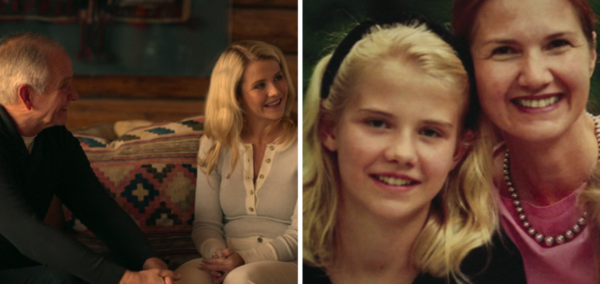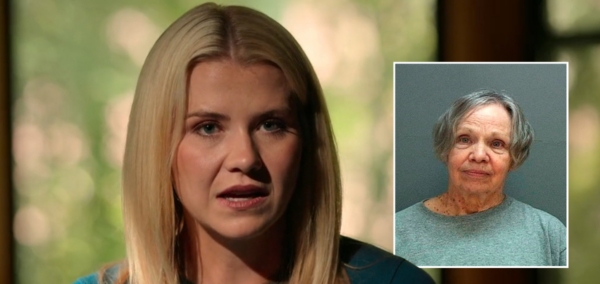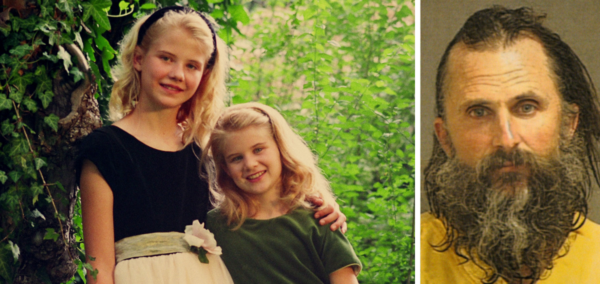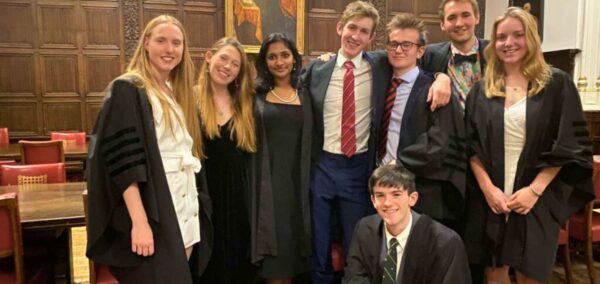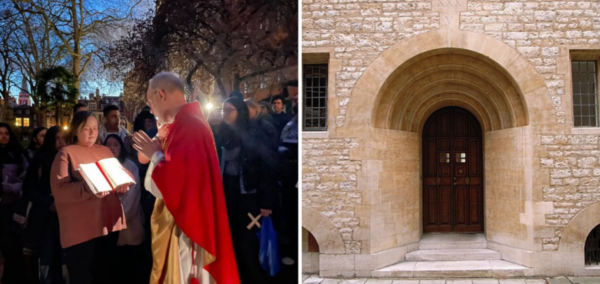
Flowers mark 22 years since death of singer and former Leeds student Leslie Cheung
Leslie Cheung, a Canto-pop singer and award-winning actor, studied textiles at the University of Leeds
Flowers have appeared at the Clothworkers’ Building to mark 22 years since the death of singer and former Leeds student Leslie Cheung.
Leslie, a beloved Hong Kong singer and queer icon, died on 1st April 2003. Fans across the globe continue to remember his legacy as an award-winning actor and artist, dubbed the “King of Canto-pop”.
Leslie died by suicide at 46 years old. He fell from a hotel room at the Mandarin Oriental Hotel in Hong Kong after struggling with depression for many years.
The youngest of 10 children, the former student was born in Hong Kong in 1956.
He was the son of a tailor and initially followed in his father’s footsteps, studying textile management at the University of Leeds. This is why flowers are laid near the Department of Textiles each year.

However, Leslie said in an interview that, despite his studies, “there was no way of escaping [his] destiny to be in show business”, Style reports.
According to Pink News, Leslie was openly gay at a time when the LGBTQ+ community was heavily persecuted. During a live concert in 1997, he declared his love for childhood friend and long-term partner Daffy Tong.
This public declaration was an immensely courageous act. Homosexuality was only decriminalised in China in 1997, and it was considered a mental disorder until its declassification in 2001.
Penelope Helbest, a media and communications student at the University of Leeds, said she has spent her degree passing these benches on the way to classes and remains “blown away” by the annual show of love for Leslie.

Most Read
She told The Leeds Tab: “He’s such a monumentally impactful figure, and it’s genuinely heart-warming how people remember him. There are flowers there every April 1st, but throughout the year too.”
The media student continued: “Especially with bettering conversations about mental health and suicide in society at large, I’m glad we can continue to remember him fondly: For his artistry, his queerness, his impact, and his unique way of looking at the world.”
Penelope wants a permanent way to honour his legacy, which she is hoping may be “sorted this summer”.
The student has been in contact with the university to propose ideas for a plaque, with the help of the lead for campus innovation.

She explained that many people apply for plaques to honour former students, so there is a current pause on plans for their installation due to high demand. She has been advised to follow up later in the year.
“I was ready to run a stall on campus and fundraise with a couple of my friends for a bench plaque myself,” she added.
A handout left at the site lists actions people can take to mark Leslie’s passing.
It suggests joining the memorial with a moment of silence, listening to his songs, watching his films, learning more about depression and mental health and taking care of your wellbeing.
If you’ve been affected by this story or are looking for support, you can reach out to Samaritans by calling 116 123, or by visiting their website here.








